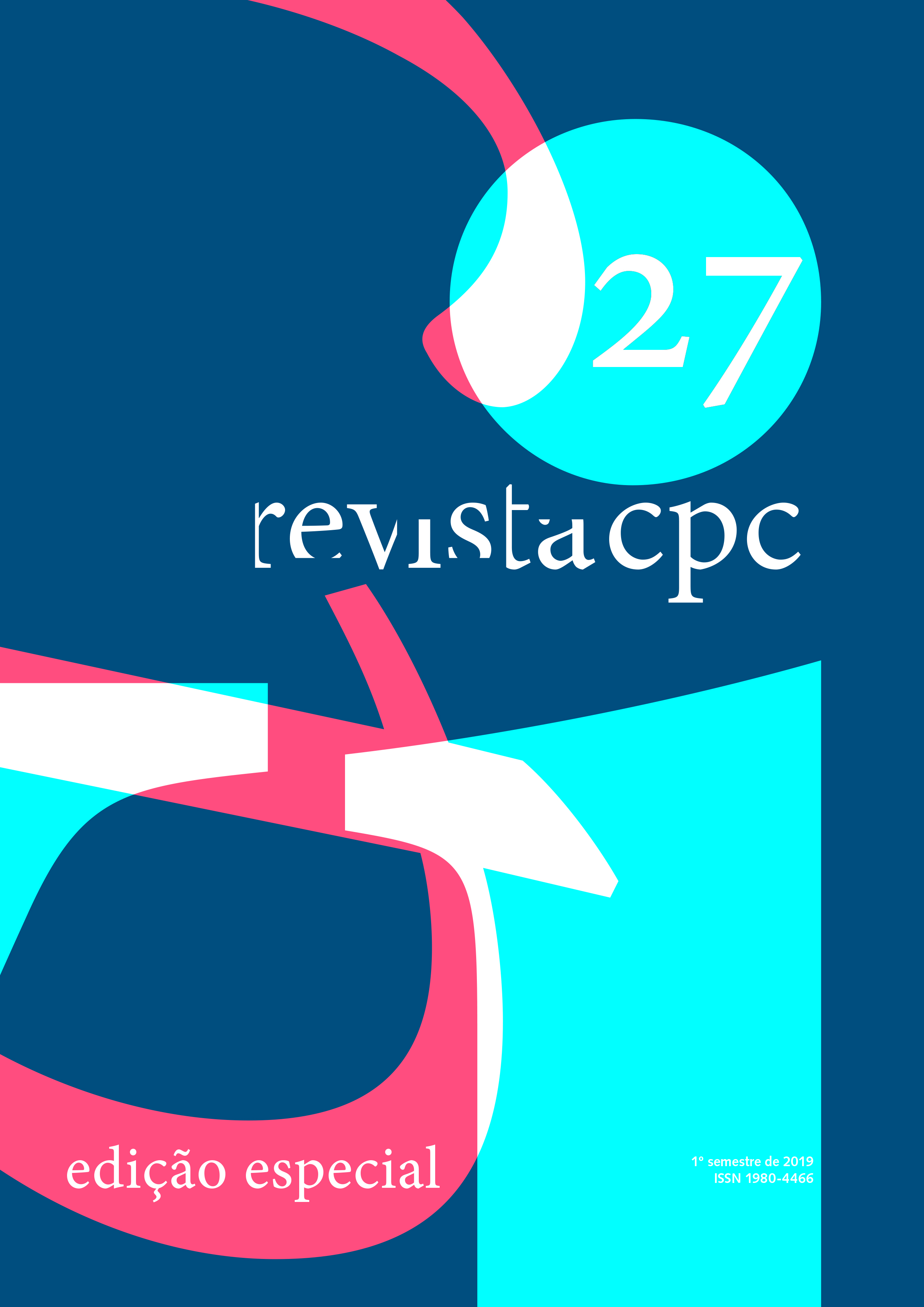Conhecer para preservar: uma ideia fora do tempo
DOI:
https://doi.org/10.11606/issn.1980-4466.v14i27espp14-31Palavras-chave:
Educação patrimonial, Políticas de preservação, Movimentos sociaisResumo
O artigo se propõe repensar a relação entre conhecimento sobre o patrimônio cultural e a sua preservação, situando-se para além dos discursos de senso comum, os quais têm se reproduzido ao longo do tempo e de maneira acrítica, seja nas instituições públicas de cultura ou nas escolas. O objetivo é problematizar o tema alertando para os riscos de uma visão ingênua e da despolitização do debate em educação patrimonial. A pergunta essencial é: afinal, quem deve ser ensinado e sensibilizado para a preservação? Essa questão torna-se central em um contexto contemporâneo no qual os grupos sociais se mobilizam, cada vez mais, buscando a proteção de seus patrimônios culturais, enquanto em contrapartida o Estado tem se recusado a reconhecer
os valores atribuídos socialmente a determinados bens e, em consequência, permitido demolições. É preciso reconhecer que a discussão da educação patrimonial não passa mais, necessariamente, pela questão do seu desconhecimento social, já que os grupos sociais estão cada vez mais engajados na preservação do patrimônio. Parte-se, assim, da perspectiva que educação não é solução redentora para o patrimônio, mas, antes de tudo, um direito social e uma necessidade. Portanto, ela é condição inerente à preservação uma
vez que, a partir dela, pode-se problematizar a memória oficial e o passado, as políticas públicas de preservação e reconectar as pessoas ao patrimônio.
Downloads
Downloads
Publicado
Edição
Seção
Licença
- Os autores mantêm os direitos autorais e concedem à revista o direito de primeira publicação, com o trabalho simultaneamente licenciado sob a Licença Creative Commons Attribution que permite o compartilhamento do trabalho com reconhecimento da autoria e publicação inicial nesta revista.
- Os autores têm autorização para assumir contratos adicionais separadamente, para distribuição não exclusiva da versão do trabalho publicada nesta revista (ex.: publicar em repositório institucional ou como capítulo de livro), com reconhecimento de autoria e publicação inicial nesta revista.
- Os autores têm permissão e são estimulados a publicar e distribuir seu trabalho on-line (ex.: em repositórios institucionais ou na sua página pessoal) a qualquer ponto antes ou durante o processo editorial, já que isso pode gerar alterações produtivas, bem como aumentar o impacto e a citação do trabalho publicado (Veja O Efeito do Acesso Livre).








